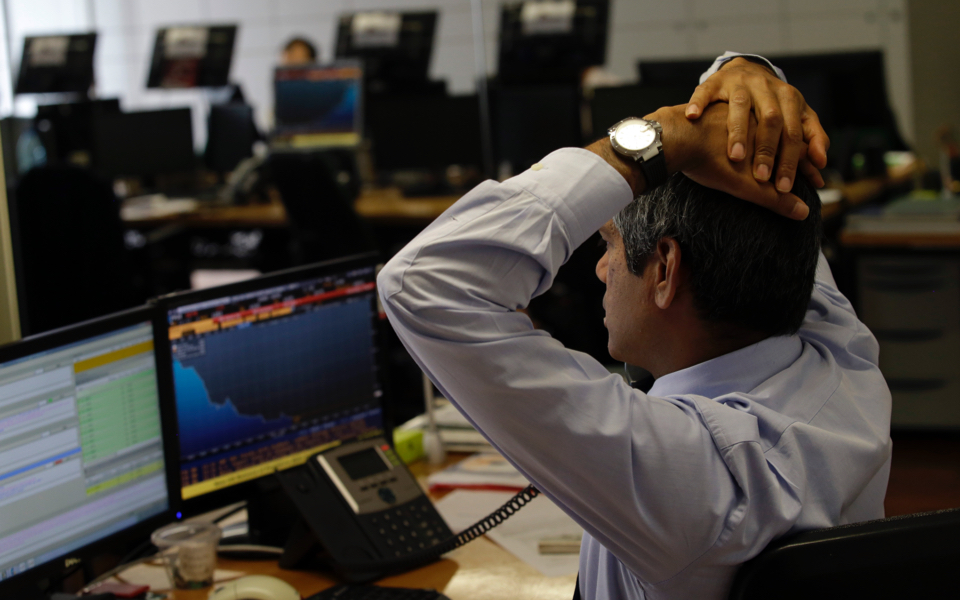Markets fretting over Greek government conduct

Despite government assurances that Athens does not yet need to tap the money markets and has the luxury of the cash buffer as it waits for the right moment for a new bond issue, analysts appear far from optimistic about the prospects of the Greek economy.
On the contrary, they stress the challenges of returning to the markets and add that although growth has returned, it is still weak and vulnerable. The primary surplus overrun and the handouts the Greek government has opted for ahead of general elections this year do not only freeze investments, but also damage growth and create long-term risks for the economy, analysts warn.
German daily Handelsblatt noted that four months after the end of the bailouts Greece remains shut out of the markets, adding that no other country that has been in a program pays such high interest rates to lure investors into buying its bonds.
The yield of Greece’s benchmark 10-year bond remains around 4.30-4.40 percentage points, a prohibitively high level, while the spread with the equivalent German bund stands around 414 basis points. A year ago, months before Greece exited the bailout program, the spread had dropped below 300 bp and the benchmark yield was at a 12-year low of 3.6 percent.
According to the German financial newspaper investor concern stems from the prospect that the government of Alexis Tsipras will freeze structural reforms and sacrifice fiscal discipline for expensive pre-election handouts.
Wolfango Piccoli, co-president of Teneo Intelligence, warns that if the cash buffer – which covers needs for the next 22 months – is exhausted earlier due to a weak growth rate, Greece may find itself “in a very difficult position that could trigger fears for the need of a new bailout.”
At the same time, the Financial Times reports economists seeing Greece’s potential growth being curtailed by the exceptionally high primary surpluses in 2017 and 2018, largely caused by the major cuts to public investments that should have powered growth. Athens University Professor Panos Tsakloglou adds that suppressing investments for social measures will entail a direct hit on growth.





